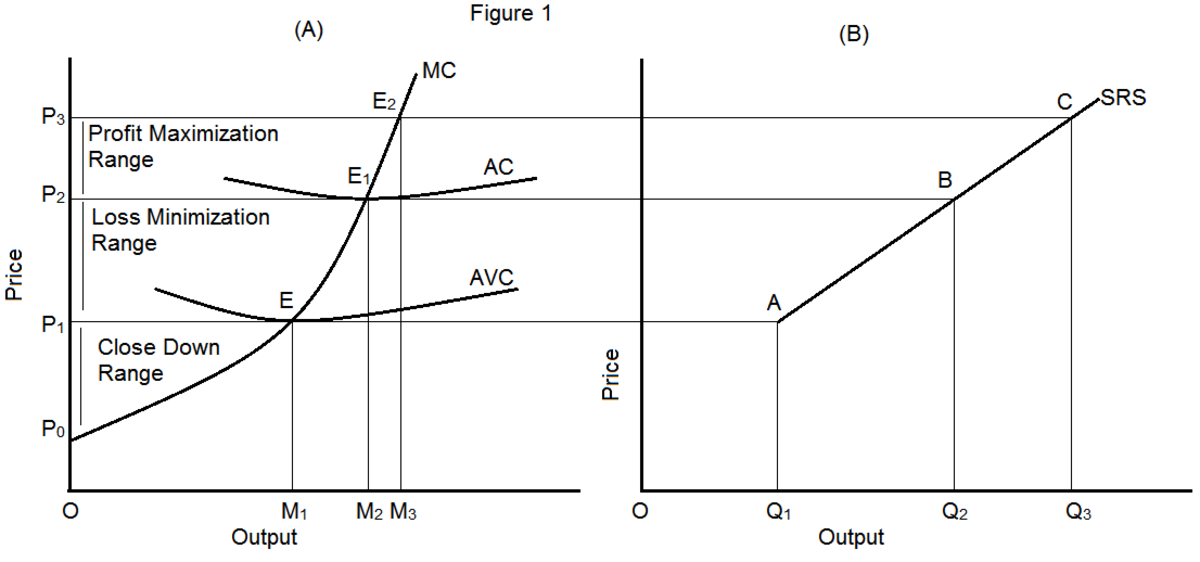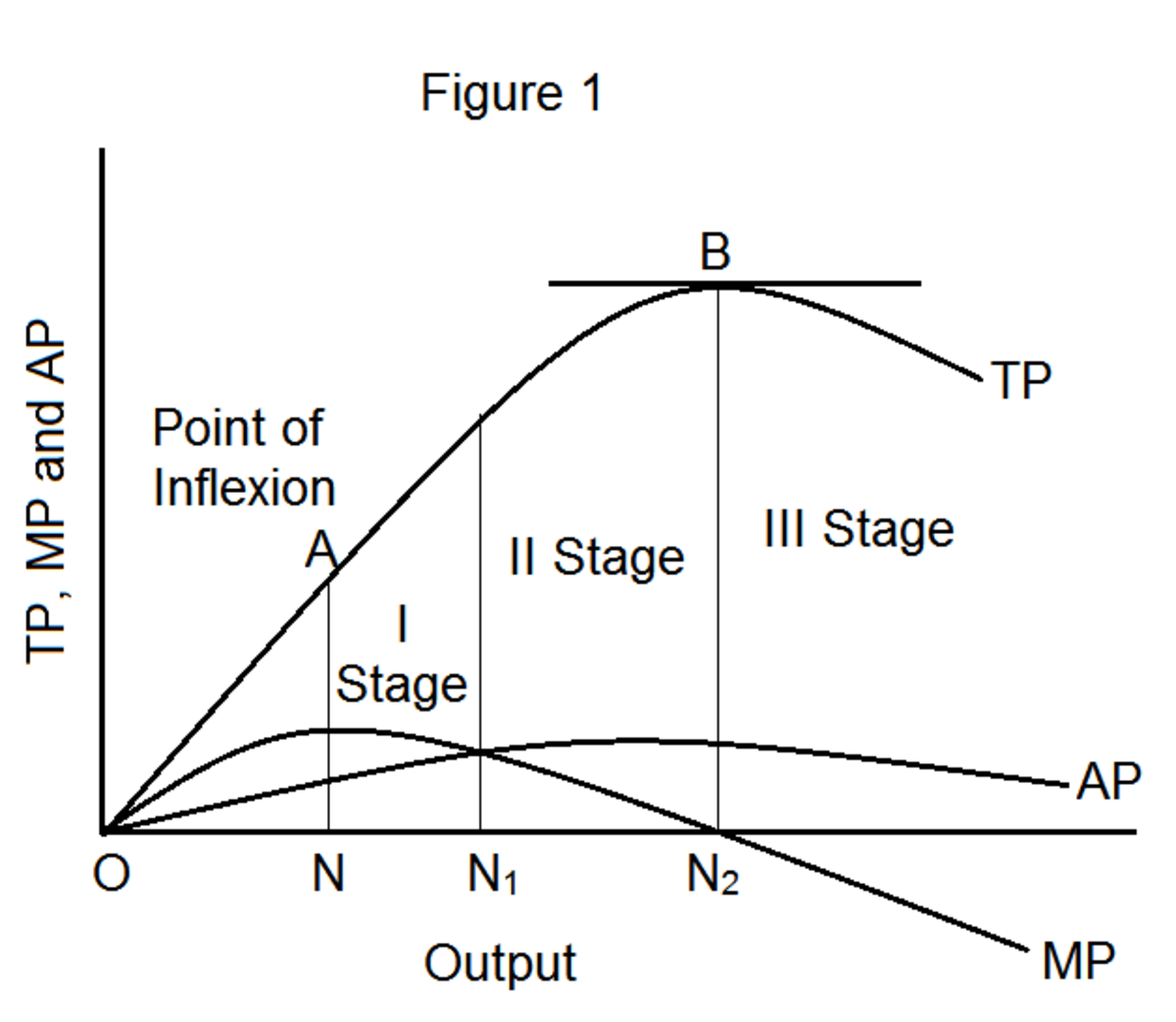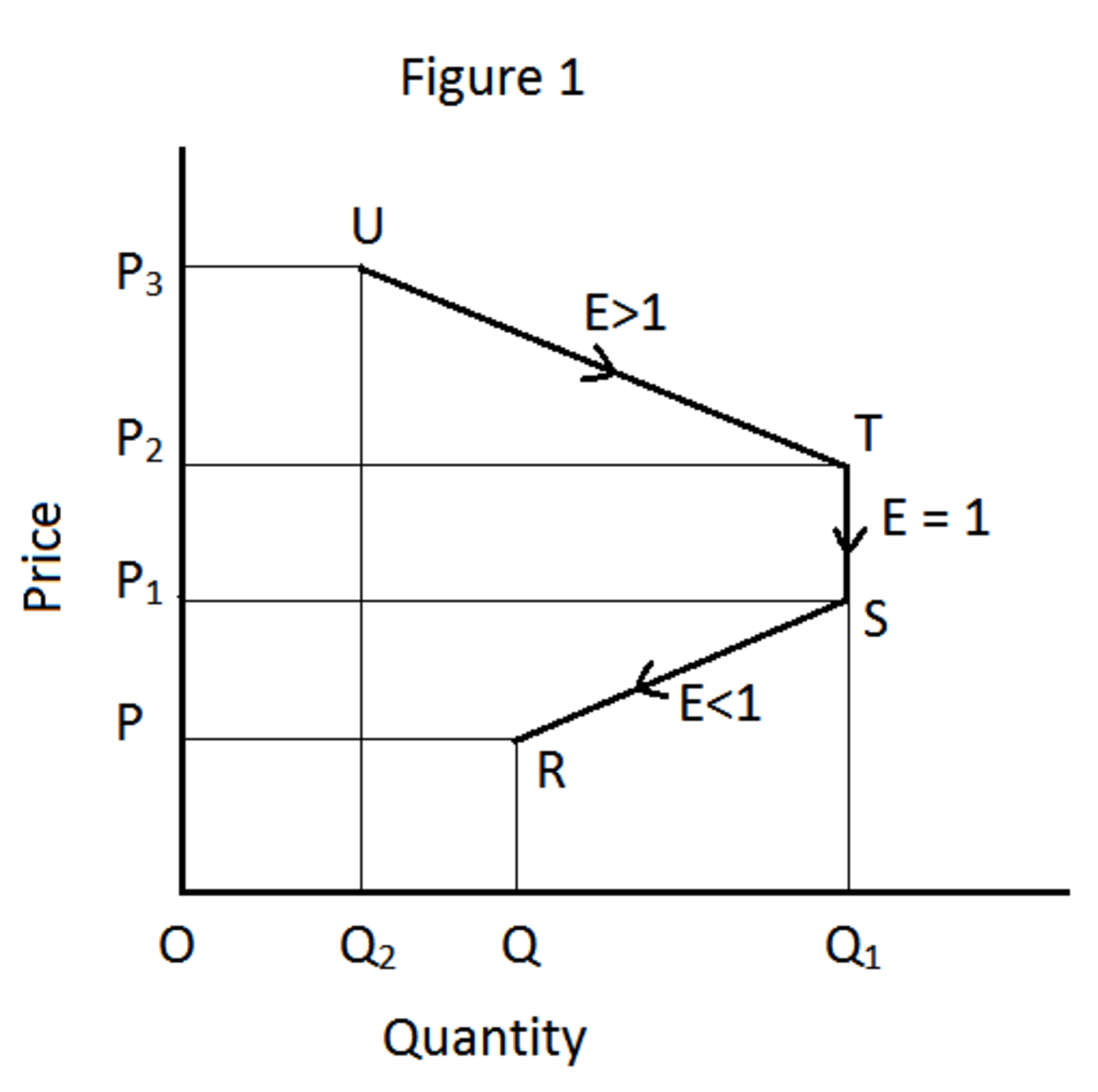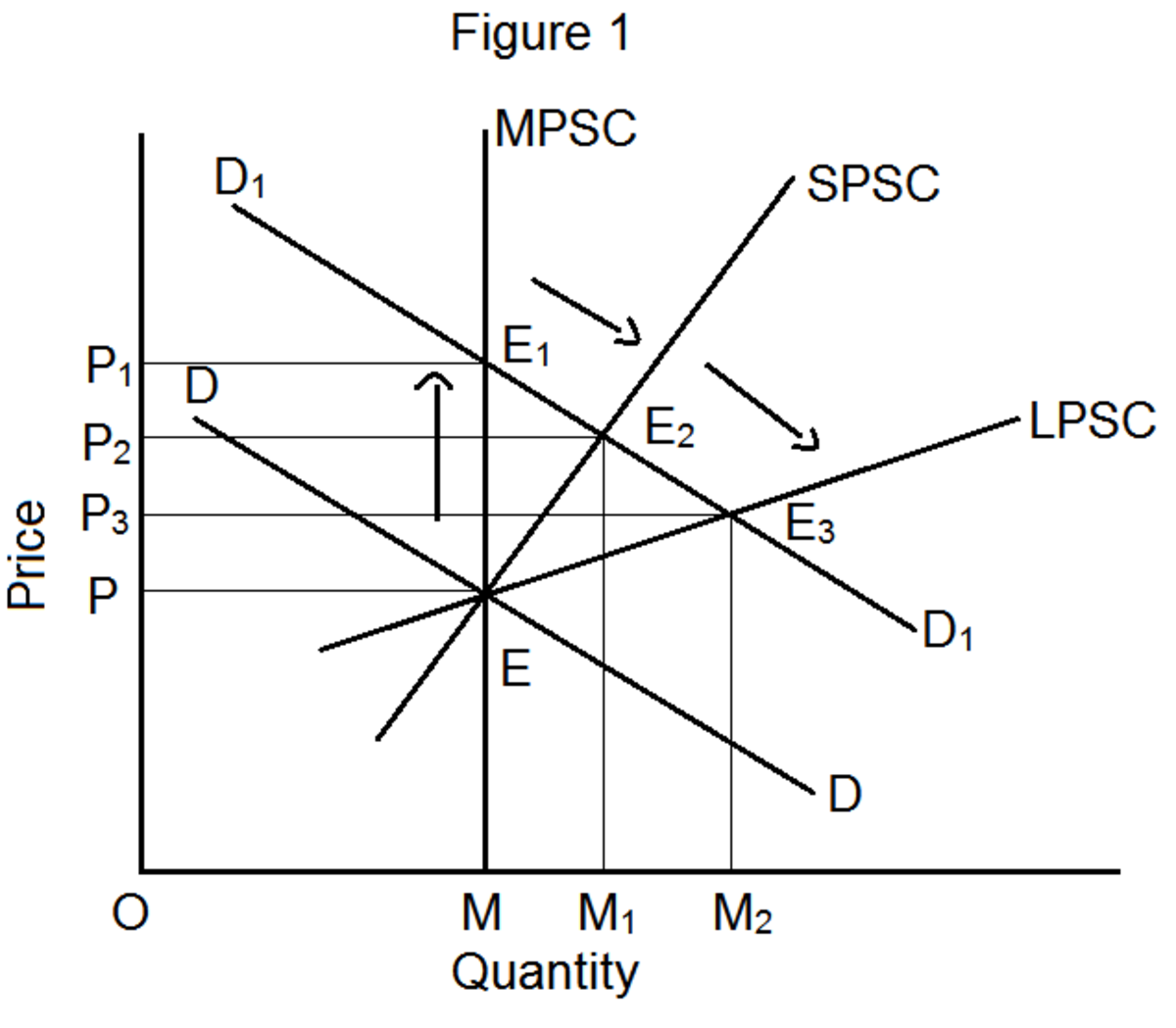Functions of an Entrepreneur

Introduction
An entrepreneur plays a very crucial role in organizing all factors of production. Factors of production such as land, labor and capital cannot work independently or aimlessly. Someone has to give directions to achieve the goal of an organization. The entrepreneur takes up the role of directing all the factors of production towards achieving the organization’s goal. The entrepreneur should be aware of what is going on in the market. After studying the market conditions, he should ensure that his business is moving in the right direction. Even though an entrepreneur has many things to look into in an organization, planning, organizing and supervising the production are his three major functions.
Planning
Suppose you have decided to start a small business. You do not know how to start, what to do, where to start the business and for whom the business is. Do you think you can start the business successfully? Certainly, you cannot. You should have your answers for the three basic economic questions - what to produce, how to produce and how much to produce. Once you decide on these issues, you have to choose a convenient location to set up your establishment. Location is very important because your business needs essential services such as transport and communication. Not all these things can be done over a night. Therefore, as an entrepreneur, you have to plan each aspect of your business very carefully before you start your business. Hence, planning is the primary function of an entrepreneur.
Organizing
After deciding what to produce, how to produce, how much to produce, target audience, location, and source of funds, the entrepreneur has to materialize his plan. He should start procuring all materials including factors of production such as land, labor and capital. Once all necessary things are in place and installed properly, the entrepreneur starts organizing or coordinating the production activities. Organizing production activities should be in such a way that it gives maximum output with least costs possible. This is important to secure maximum profit.
Supervision
There is a major difference between organizing and supervising. Organizing production means combining all factors of production in an appropriate proportion so that it gives maximum output with low costs. Supervision means monitoring functions of factors of production. He should ensure that right people are in the right place. The entrepreneur should ensure all factors of production and departments give expected output. If there is any deviation, he has to look into the issue to resolve it immediately.
Market Capturing
The entrepreneur seeks each opportunity to expand his business. One of the major aspects of business expansion is to look for new markets continuously. Along with the activities to thrive in the existing market, the entrepreneur has to look for new markets to sell his products. This is the best way to achieve business expansion. Forecasting market demand, appointing right employees and advertising the products through right channels are very important to capture a market in the highly competitive world.
Business Control Measures
The entrepreneur should take every effort to keep the business under his control. It does not mean that he has to act like a dictator. However, he has to monitor whether all business activities are carried out with his approval. He ensures that the turn-around-time (TAT) for supply of raw materials and delivery of finished goods is met consistently.
Risk-taker
Prof. Knight claims that two important functions of an entrepreneur are risk-taking and uncertainty-bearing. Hence, according to Prof. Knight, an entrepreneur is a risk-taker. The success of a business depends upon market demand. If the demand for the products decreases suddenly due to various reasons, the entrepreneur will incur loss. Therefore, he has to face both risk and uncertainty. Prof. Knight further states that profit is the reward to an entrepreneur for facing risk and uncertainty.
Innovation
J.A. Schumpeter differs from the point of view of Prof. Knight. According to J.A. Schumpeter, a business can be successful only when it goes on inventing new things to enhance the production process and business model. Continuous innovations help the business to be updated according to the trend. It is the responsibility of an entrepreneur to carry out innovation with the help of efficient employees. Hence, innovation is one of the major functions of an entrepreneur.
Revenue Distribution
Another major task of an entrepreneur is to distribute the income or revenue among all factors of production. The entrepreneur should select a feasible business model for income distribution. The model explains how the income is distributed among all factors of production. Further, the model states how much each factor of production should get from the overall revenue. In general, entrepreneurs follow the principle of marginal productivity to distribute the income.
Government Rules and Regulations
The entrepreneur must adhere to government rules and regulations. Along with following the compliance procedures, he has to ensure whether taxes are paid in a timely manner.
© 2012 Sundaram Ponnusamy








